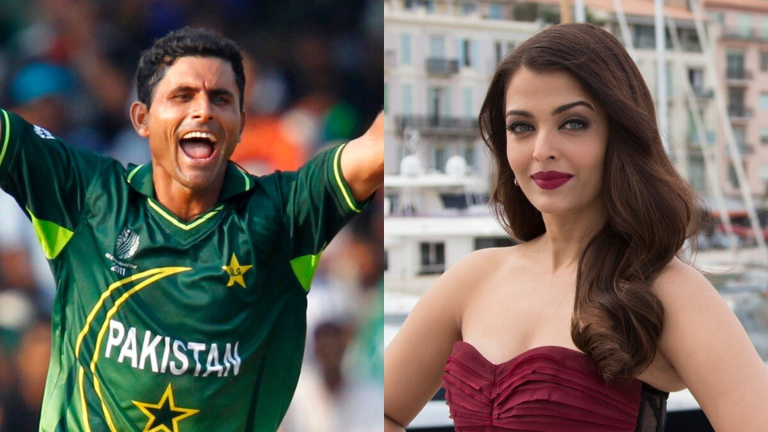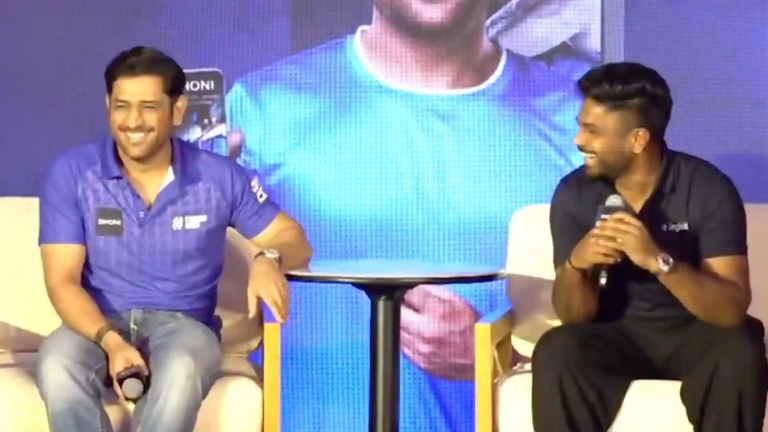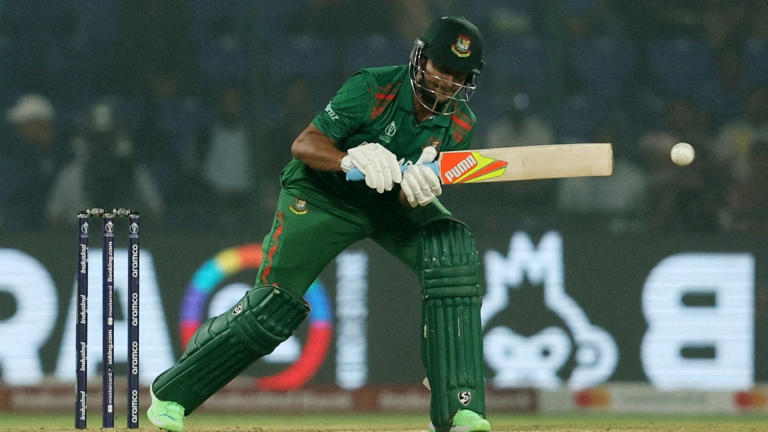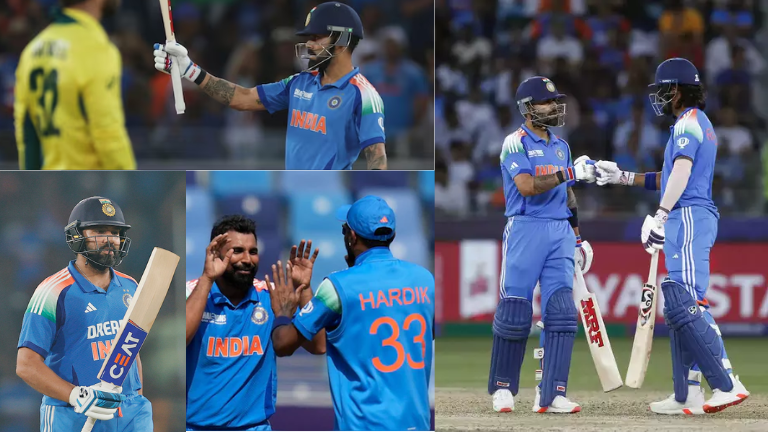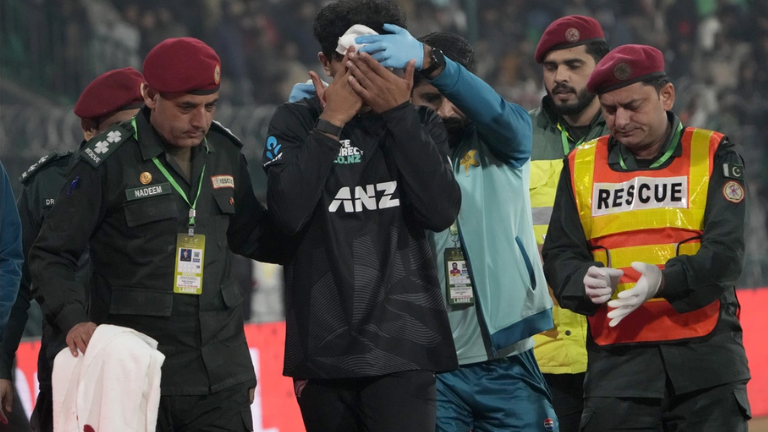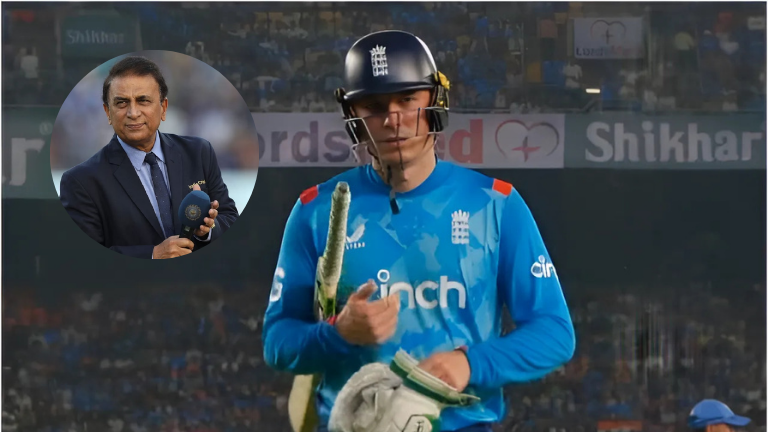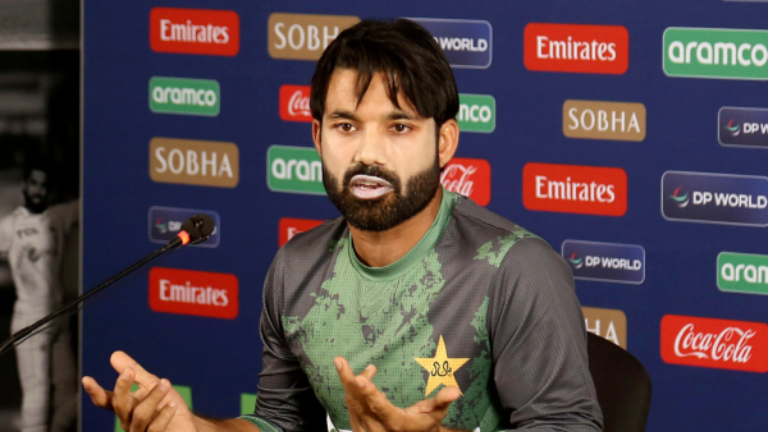Abdul Razzaq Aishwarya Rai Controversy: When the Cricketer’s Comment Sparked Outrage
The Abdul Razzaq Aishwarya Rai controversy became one of the most talked-about episodes in recent times where cricket and celebrity culture collided inappropriately. Former Pakistani all-rounder Abdul Razzaq landed himself in hot water after making an insensitive remark involving Bollywood actress Aishwarya Rai Bachchan during a cricket discussion. The comment not only stunned viewers but also brought criticism from across the board, sparking a social media uproar.
How the Abdul Razzaq Aishwarya Rai Controversy Began
The Abdul Razzaq Aishwarya Rai controversy took place during a televised panel discussion in Pakistan, where Razzaq was invited to discuss Pakistan’s disappointing performance in the 2023 ICC World Cup. Rather than sticking to the topic of cricketing strategy and team analysis, Razzaq diverted the conversation into inappropriate territory.
In an awkward and unprovoked analogy, Razzaq compared Pakistan’s lack of intention to groom young talent with the absurd idea of marrying Aishwarya Rai. His exact words were:
“If you think that by marrying Aishwarya Rai, a good and pious kid would be born, it would never happen.”
The shocking comment left the panel in stunned silence, although the video showed Shahid Afridi and Umar Gul laughing, seemingly in agreement. This reaction added fuel to the fire, with social media erupting in criticism not just of Razzaq, but also of those who appeared to support or condone his words.
Public Outrage Over Abdul Razzaq’s Remarks
The Abdul Razzaq Aishwarya Rai controversy drew immediate backlash on social media platforms. Many users condemned Razzaq for dragging a respected actress into an unrelated cricket discussion. The sexist nature of the comment and the implication behind his analogy were seen as deeply offensive.
Cricket fans and members of the public, including women’s rights activists and Bollywood followers, accused Razzaq of being disrespectful and tone-deaf. They stressed the need for public figures, especially those with a fan following, to be more responsible with their words.
Many felt that comments like those in the Abdul Razzaq Aishwarya Rai controversy reinforced harmful stereotypes and had no place in modern sports discussions.
Shahid Afridi and Umar Gul’s Laughter Adds to Controversy
What made the Abdul Razzaq Aishwarya Rai controversy worse in the eyes of the public was the reaction of Shahid Afridi and Umar Gul. While Razzaq was the one making the inappropriate comment, both Afridi and Gul were seen laughing and applauding, instead of shutting the remark down or steering the conversation back on track.
Afridi, who has previously spoken about women’s rights and professionalism in cricket, was criticized for his double standards. Though he did not make the comment himself, his reaction was widely seen as implicit approval.
Abdul Razzaq Issues a Public Apology
In response to the growing outrage, Razzaq issued an official apology, stating that his comments were a “slip of the tongue.” He apologized to Aishwarya Rai and her fans, acknowledging that he had crossed a line. He also mentioned that his intention was not to hurt anyone’s sentiments and that he deeply regretted the episode.
However, many critics viewed the apology as damage control rather than genuine remorse. The Abdul Razzaq Aishwarya Rai controversy had already made headlines by then, and the public was not quick to forgive the tasteless comment.
Lessons and Reflections from the Abdul Razzaq Aishwarya Rai Controversy
The Abdul Razzaq Aishwarya Rai controversy serves as a cautionary tale for public figures across all fields. In an era where every statement is amplified on social media, celebrities and athletes must think carefully about their words. Humor that degrades or objectifies women, even indirectly, is no longer tolerated by an increasingly aware and vocal audience.
Moreover, the controversy also raised questions about how women are casually referenced or mocked in male-dominated sports panels. It highlighted the ongoing problem of casual sexism, and how public figures often get away with problematic statements until there is a public outcry.
Conclusion
In the end, the Abdul Razzaq Aishwarya Rai controversy wasn’t just about a careless comment—it exposed the deep-rooted issues of misogyny and lack of accountability in sports commentary. Razzaq’s apology may have brought temporary closure, but the incident remains a glaring example of why sensitivity and professionalism are more important than ever in public discourse.

